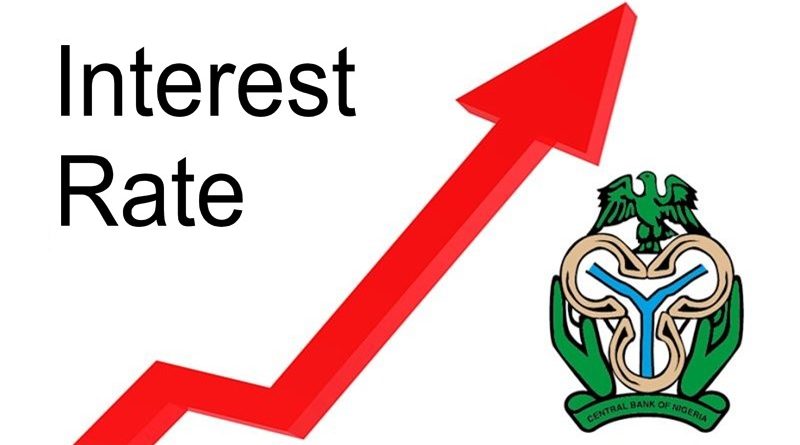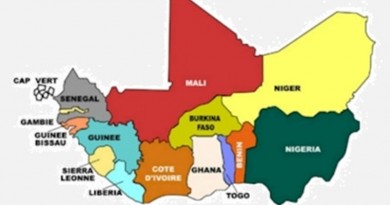CBN raises Interest rate to 24.75%
The committee was presented with two options: either to continue with the current approach of tightening monetary policy or to adopt a “hold” approach in order to assess the impact of the previous decision made by the Monetary Policy Committee (MPC). However, after carefully examining the balance of risks and short-term inflation projections, the members of the MPC chose to proceed with the ongoing cycle of tightening.
The decision to raise the monetary policy rate by +200 basis points (bps) is in line with our forecast range of an increase in the MPR ranging from +100 to +200 bps.
It is important to note that the adjustment of the asymmetric corridor of the MPR to +100/-300 bps brings this monetary policy parameter back to its previous range, as observed before the MPC meeting in February.
The adjustment to the cash-reserves-ratio for merchant banks was also announced, with an increase of +400 bps to 14% (previously 10%).
Delving deeper into the discussions of the MPC, the focus was on the existing inflationary pressures and the need to firmly anchor inflation expectations, while also ensuring the stability of foreign exchange. The MPC recognized the continuous upward trend of headline inflation, primarily driven by rising food prices due to supply shortages and increased costs related to logistics and distribution.
The MPC members praised the proactive measures taken by the Federal Government of Nigeria (FGN) to address food insecurity. These measures include the distribution of relief packages, the release of grains from strategic reserves, and the provision of seeds, fertilizers, and farming tools to support dry season farming activities.
Currently, Nigeria’s food inflation rate stands at 37.92% year-on-year.
On the dynamics of the foreign exchange market: the committee expressed satisfaction with the level of stability achieved in the forex market in recent weeks. This stability is attributed to the impact of recent policy actions and reforms by the Central Bank of Nigeria, as well as increased transparency in the market. The committee also acknowledged the CBN’s efforts in settling verified forex obligations, a move that is expected to boost investor confidence and attract foreign investments into Nigeria. Since the previous MPC meeting held on February 26th and 27th, 2024, the NGN/USD exchange rate has appreciated by 13% in the NAFEM window.
Additionally, the CBN governor emphasized the importance of addressing verified forward contracts as a top priority. Identified infractions in invalid forex forwards include the absence of Form M and/or allocations, lack of requests, or the absence of naira equivalent. Law enforcement agencies are currently investigating these invalid forward contracts, with the current estimate of invalid forex forward deliverables standing at USD2.4 billion. SOURCE: Coronation Economic Flash Note




